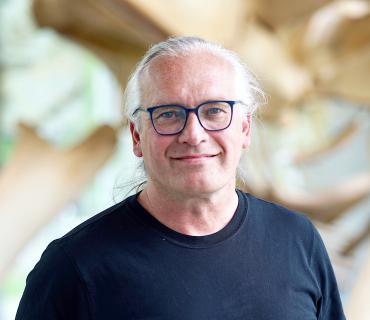
Michael Whitlock
-
Email
-
Office phone
-
Website
-
Research areaEvolution
-
Lab members
My research focuses on evolution in structured populations: What are the forces which control the nature and distribution of genotypes in subdivided populations and how does this affect the outcome of other evolutionary processes? These questions and others are addressed in a variety of ways, from theoretical analyses to experimental lab model systems to field research.
I have investigated the effects of non-equilibrium population structure in the partitioning of genetic variance among populations. Most models of population structure assume uniform populations at equilibrium, which is most unlike most natural populations. My models have included the effects of extinctions, colonizations, population fission events, unequal population sizes, variable migration rates, and other realistic modifications of the theory.
Currently I am investigating a broad array of questions about how evolution is affected by these more generalized modes of population structure. These questions include: What is the probability of fixing an allele? What is the load due to deleterious mutations? Is this load constant across populations? How is genetic variance maintained in structured populations?
We also are concerned with the effects of small population size on the evolutionary process. We are measuring the changes in phenotypic and genetic variance as a consequence of population bottlenecks, using Drosophila melanogaster populations. Furthermore, we are conducting a series of experiments about the evolution of reproductive isolation in small populations. Using a combination of theory and experiment, we are investigating the effect of beneficial mutations on the change in fitness in small populations.
I am also working on many other evolutionary questions, including the evolution and measurement of phenotypic plasticity, the effect of epistatic interactions on evolutionary change, the evolution of ploidy in finite populations, effective population size, and others.